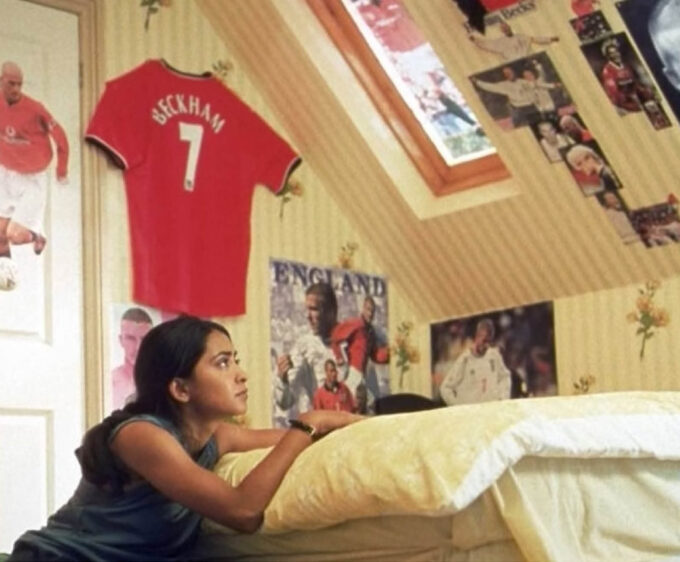
Leading the Way
It started with one restless summer and a handful of teenagers. Now it’s changing how a generation leads. For Penny Snowden, leadership doesn’t begin in boardrooms or on podiums - it starts in the playground.
By Glorious
If you ever find yourself doubting how much one person can build from sheer will, talk to Penny Snowden. She’ll tell you about the time her teenage daughter had a thirteen-week summer gap after her GCSEs and nowhere to go. “I became aware of the lack of things for young people to do,” Penny says. “Sports clubs closed for the summer, and in any case were scary to join if you weren’t already into that sport.”
Sport Leaders never replied to her request for a summer programme, so Penny rolled up her sleeves and made one.
Three weeks later, it existed.
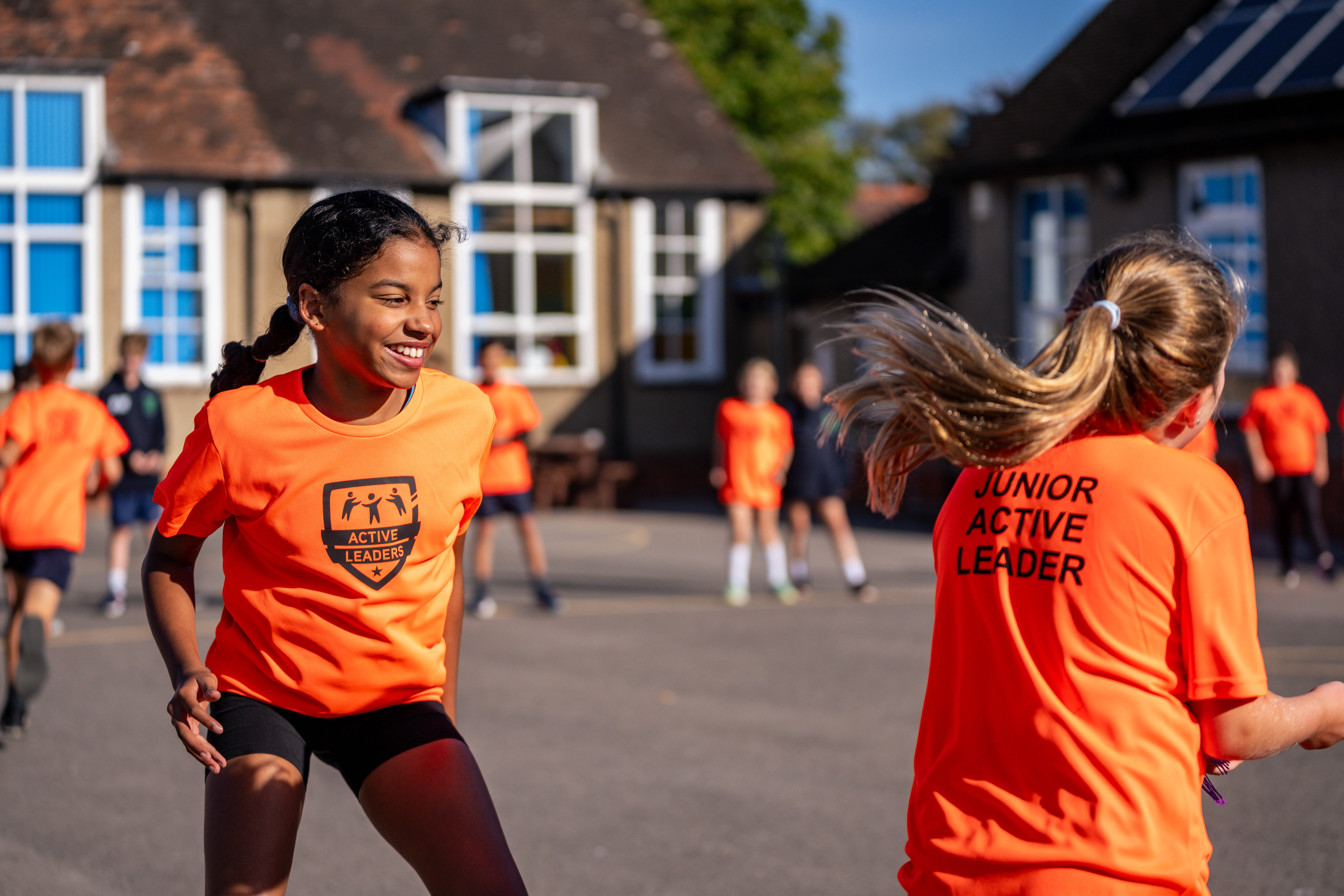
What began as a single course for twelve teenagers lit the fuse for Active Leaders. The first group mixed academic and sporting high achievers with students re-sitting GCSEs, kids who had drifted away from sport, and one who had always been home educated. Penny built a week that was face to face, practical and full of movement. Teenagers ran games for younger children, learned to lead, gained workplace skills, then left with a personal reference that proved they could step up. “I had a single, selfish objective- for my daughter to make new friends and feel confident about starting sixth form.”
Momentum did the rest. “It was only because of the enthusiasm of the young people who participated, their parents and the employer who hosted the course, that Active Leaders has become a nationally accredited programme,” The offer now reaches teenagers and university students, includes Junior Active Leaders for primary age pupils, and trains trainee teachers, teachers and youth workers to deliver in their own settings. When schools shut during Covid, she moved online to keep teenagers connected, then used that model to train trainers once classrooms reopened.
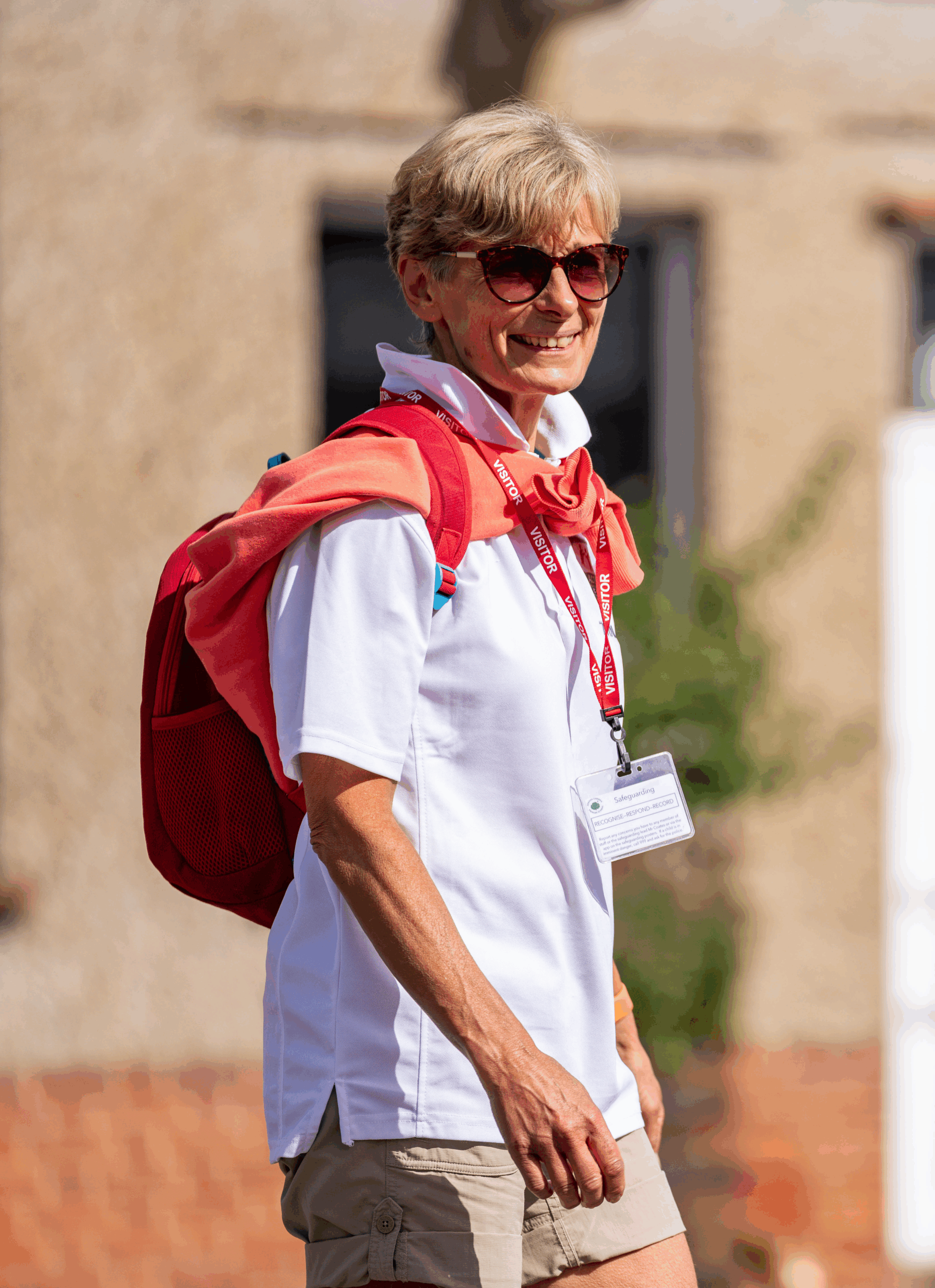
Today, Active Leaders is a hands-on leadership and employability pathway built around movement and play. Older students lead younger children in safe, structured sessions, building future employability. Schools can pick it up at primary, secondary and university levels so leadership skills become part of daily life rather than a once-a-year add-on.
We first met Penny at the inaugural RAISE Women’s Sport Conference. The warmth arrives first, then the precision. She lives in South Oxfordshire with her husband Phil and their two daughters. One is a teacher, the other rows for Great Britain having studied biomedical engineering.
Her career arcs through sport’s top tier before looping back to the classroom. “I trained as a PE teacher and then worked at the International Amateur Athletic Federation for ten years at a time when Seb Coe was breaking world records and winning Olympic gold,” Penny notes. “I was appointed the World Governing Body’s first ever Marketing Director and managed commercial relationships with global sponsors and the organisers of the growing World Championship event series.” When the IAAF became World Athletics in 2019, Penny had already served through a period of rapid change.
From there, the path ran through Alan Pascoe’s sports marketing company, British and European athletics sponsorship, and the launch of Fast Track, which helped shift the fortunes of UK Athletics before the agency was bought by Chime to become CSM. “I was Group Legal Director managing commercial contracts, risk and implementation programmes,” she says.
“I did not come from a sporty family, but if I didn’t have my head in a Nancy Drew mystery story, I was outside on my old bike.” As a teenager she lost two stones to try to match friends who excelled at sport. “This did nothing for my sporting ability but my friends asked me to be their netball umpire and I gladly obliged.” She became school games secretary because she volunteered to bring the oranges for hockey. “At the heart of all this is movement, not sports success, but a basic enjoyment in being active.”

Her thoughts on leadership come from that same place. “Movement requires personal initiation and practical engagement- leadership is as much about leading yourself as leading others. You do not move if you sit for hours on devices. My worst days are when I have to be on a screen all day. Moving helps me think. It helps me tackle the thorniest of issues.” Penny prefers walking meetings. “Taking a walk with someone means conversation flows more easily.”
The link between movement and leadership isn’t just anecdotal. A joint study by Ernst & Young and espnW found that 94 percent of women in C-suite roles had played sport, over half at university level. It suggests that a lifelong relationship with movement, however it begins, can influence how people think and lead.
At a recent school visit Penny watched the Junior Active Leader course in action. “A young boy with many learning difficulties enjoyed the most activity and engagement he had had since January. Later that day, his teaching assistant emailed to say he completed a marvellous afternoon of schoolwork and had not had a single minute of anger or upset.” The headteacher called it a golden moment. The Junior Active Leaders who made it happen were not the obvious candidates, and that sense of confidence spreading through unlikely leaders is what Penny finds most powerful. And at another school, there was the boy who had not spoken since Covid but who, as a Junior Active Leader stood up, led a game and spoke clearly for the first time. “It brought the teacher to her knees and had us all wishing we had sponsorship from Kleenex!” Penny laughs.
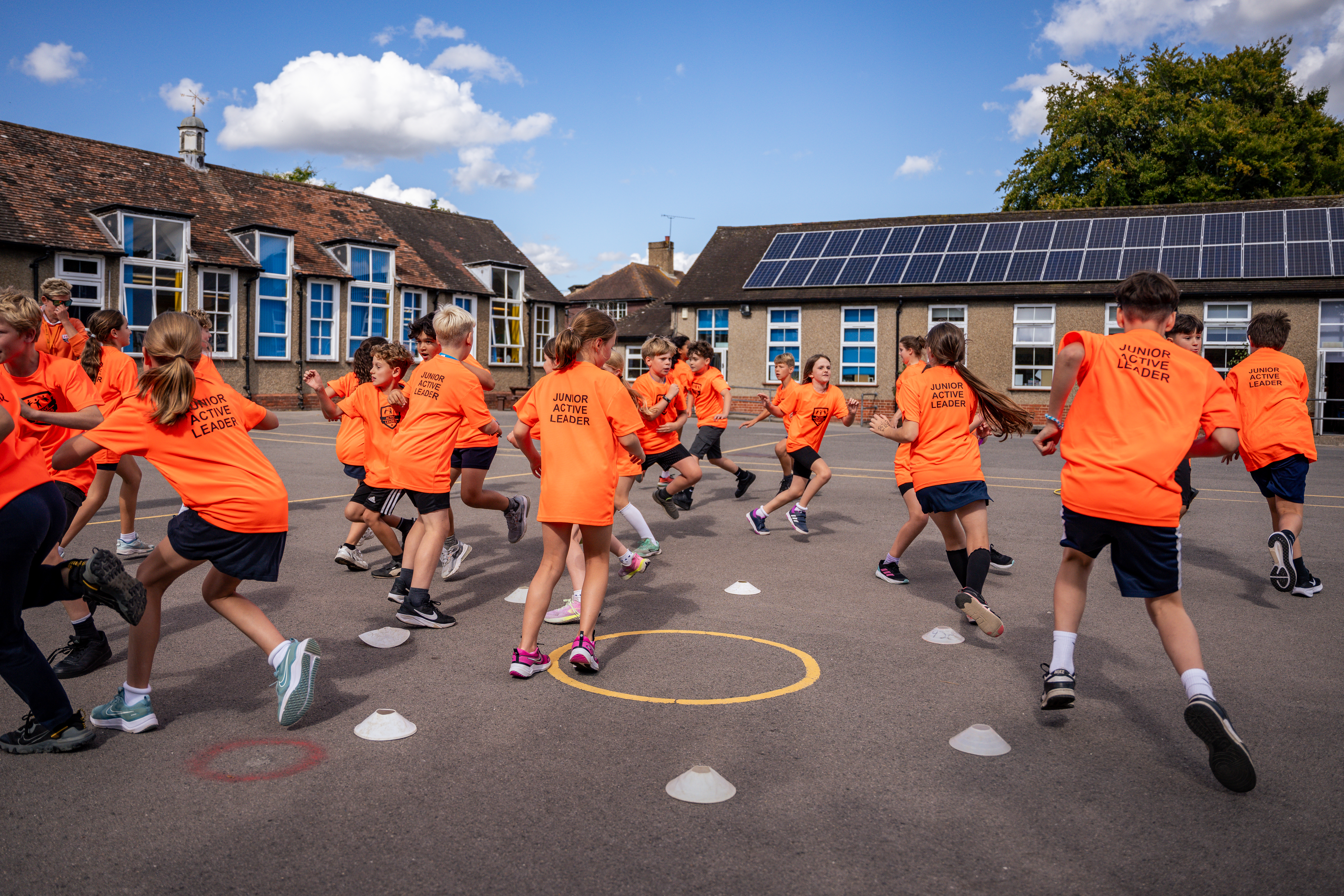
belonging

The same pattern is now emerging in clubs. Brentford FC Community Sports Trust runs the Active Leader Football Programme for Girls, connecting local schools to real roles at the club and giving participants responsibility. “One of the girls was disengaged with school and had behaviour and attendance issues, but the course completely changed her attitude,” Penny says. “She was keen to help run courses for other students and is now on a pathway to support the club widen their participation base in the local community.” In rural Sussex, there are now more volunteers than the girls’ football clubs need because the Active Leaders keep coming back.
For Penny, the language around this kind of work can sometimes get in the way. “I refer to grass roots as mass market, if I mention grass roots I am patted on the head and asked if I am a charity.” Gender, too, sits in the work without defining it. “It does not matter to me what gender our students are,” Penny says. “We are in danger of focussing our lens on girls and forgetting boys. But what is striking is how great girls are at leadership. Our data bucks the worrying trend of females losing interest in sport from age eight. We do not see that, and in fact the opposite is true. For us, volunteering is work experience – 95% of our trainees report a more positive attitude to volunteering – this workforce attitude is critical for a global industry which depends on volunteers.
So why isn’t Active Leaders everywhere? “Money!” Penny laughs. “I am rigorous in financial planning and our core team is lean so we stay close to the people the programme serves, but it means there’s little resource for promotion, even if generating new business always has to be front of mind.”
For Penny, there’s unwillingness to create personal visibility. “I find it difficult to shout about myself as a leader because it isn’t about me. I’m the architect, not the builder who brings the design to life and makes sure everything stands strong.”
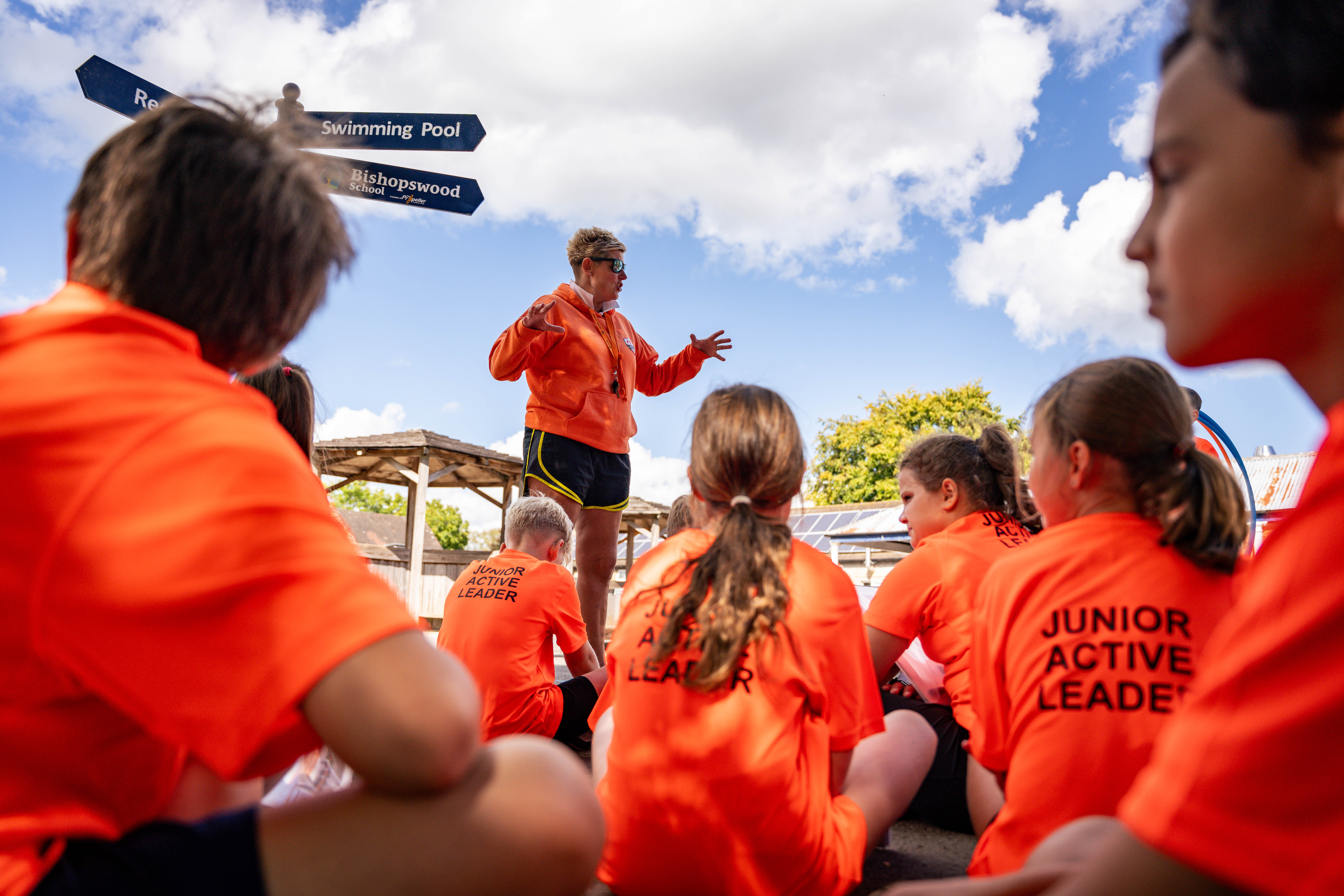

But how do you measure impact if you’re not the one shouting about it? Penny laughs as she recalls the moment someone challenged her to prove the difference Active Leaders makes. “They said, ‘You talk passionately about impact, but how do you prove it?’ and that stuck. I introduced a feedback survey for every young person we train, their teachers, our trainers, parents, governors, and partners. We had all our data, over twenty thousand pieces of information, independently assessed in 2024, and it was a huge moment of pride to have a respected university professor confirm that Active Leaders makes a lasting, positive impact on young people, inspiring and empowering the next generation.” The validation mattered, but not for ego’s sake. Winning Business Leader of the Year in Oxfordshire that same year carried a similar feeling, less about personal success and more about seeing the philosophy behind her work recognised. “Sometimes you question why you do what you do, but this kind of recognition helps underline that the approach we have taken is the right one.”
recognition
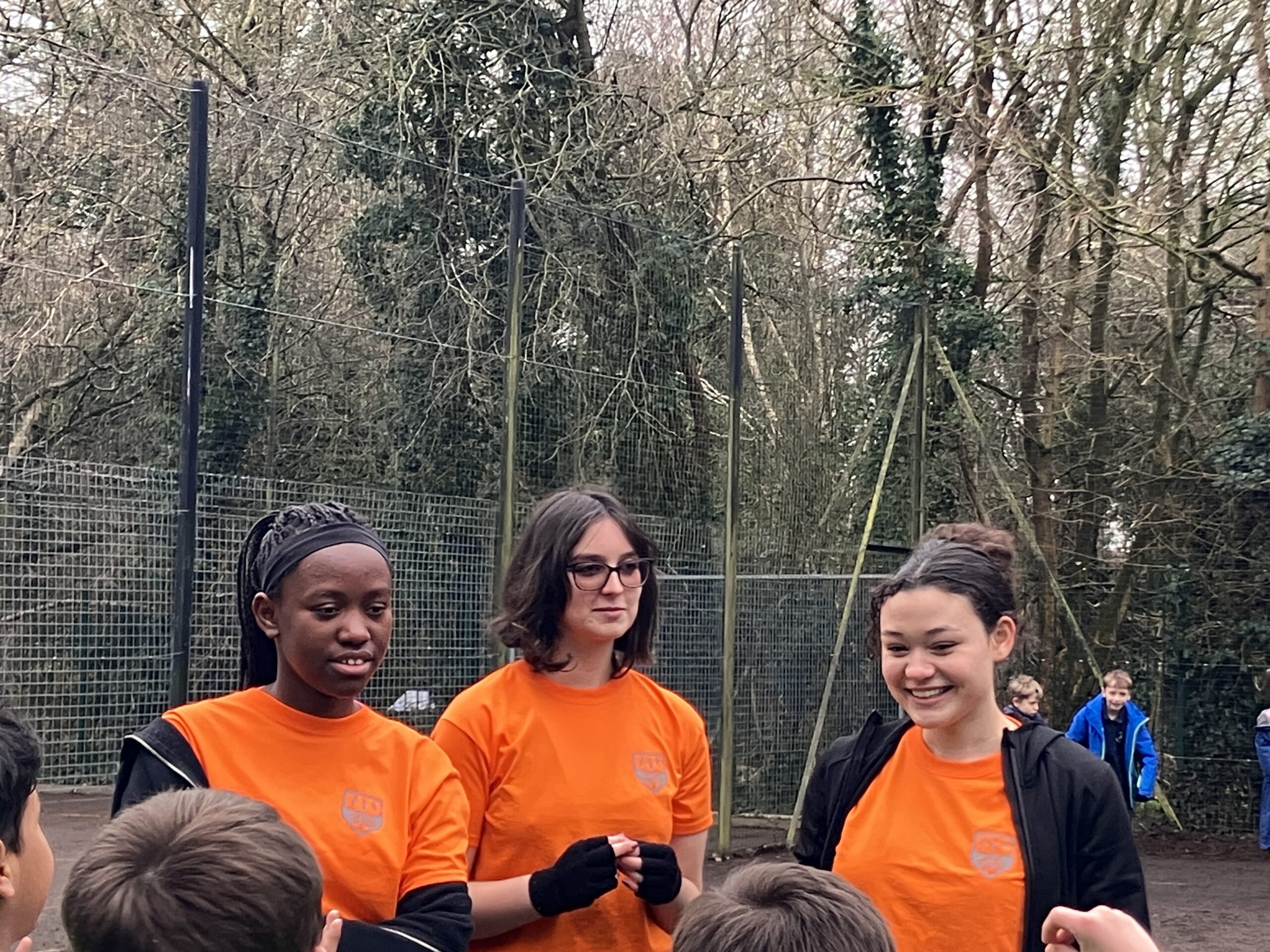
That recognition has built momentum for what comes next. “We’re embarking on a scaling programme, starting here in the UK with schools and the leisure industry,” Penny says. “Teachers are being trained to bring Active Leaders into everyday school life, so activity becomes part of the culture rather than something that sits on the side.” Primary schools are joining the Junior Active Leader Programme, gaining access to resources and staff training. Secondary schools are linking through the London Youth Games and the FA, and university partnerships are growing fast, feeding trained teachers, coaches and mentors into the system. “Empowering teachers to embed activity as part of everyday school life and encouraging children to play active games together, sets the bedrock for a more active, healthy life for everyone.” Extending our programmes through the Leisure Industry provides a year-round offering.
Partnerships, Penny notes, only matter if they unlock real opportunities. “Partnering with respected organisations helps increase our reach if they can open up opportunity, ” she says.
The London Marathon Foundation project is acting as a model for wider rollout, and conversations with Google, the World Health Organisation, World Athletics and the International Olympic Committee could open doors for the programme to expand internationally.
For Penny, growth is measured in classrooms and playgrounds rather than on podiums. Leadership begins with a smile. Movement changes how a generation meets the world. “By 2028, we want Active Leaders to be the go-to name in leadership training for education, fully embedded in school curricula and tied to major events and volunteering,” she says. “We do not want a huge central team. We want to work with existing networks so we can remain cost-effective and close to our audience.” “Ultimately, I hope every young person can find and fulfil their dream, as my daughter was able to do,” Penny says. “She is now a highly respected teacher, much loved by her pupils. And I am a super proud mum.”
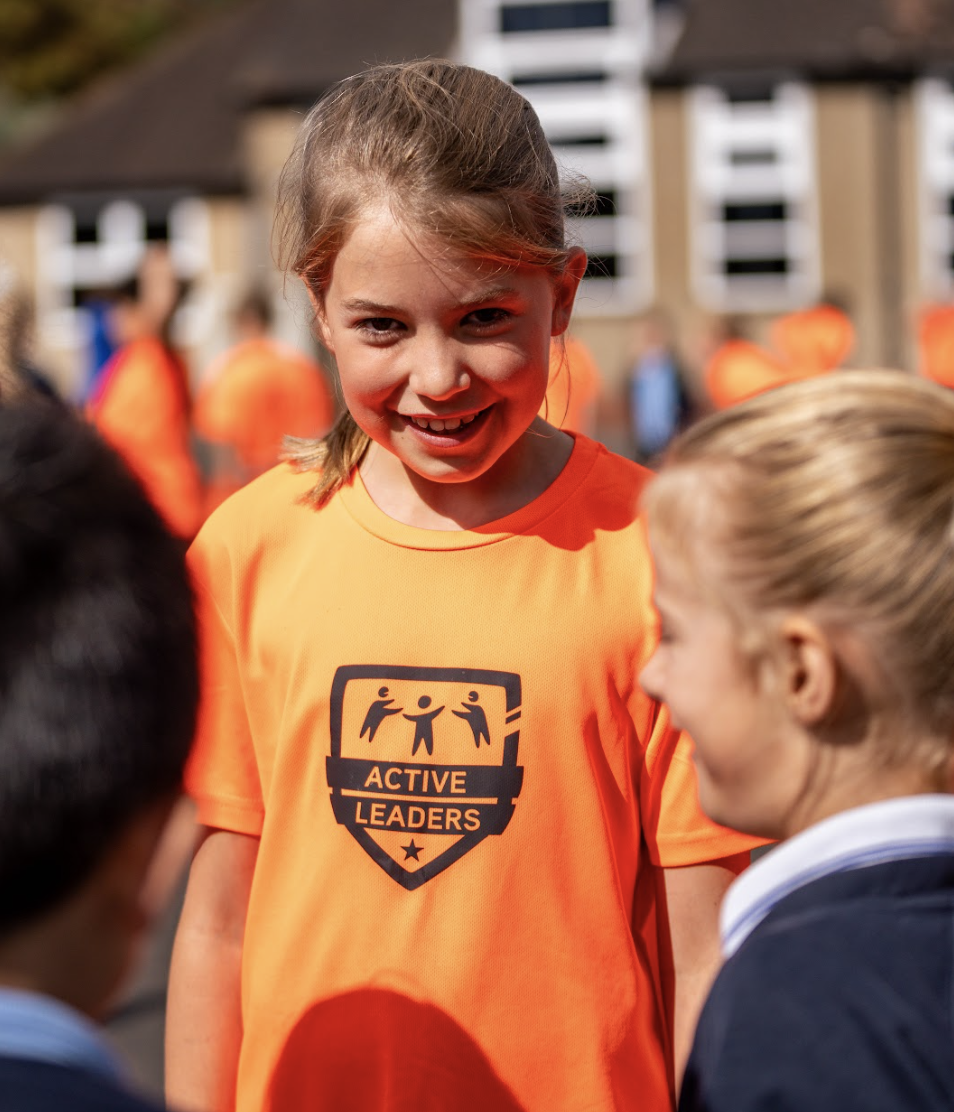
What began as a response to a gap in opportunity has grown into something far larger. Active Leaders now reaches from classrooms to communities, from local schools to global networks, yet its purpose remains the same. The measure of success is not medals or headlines but the quiet confidence that comes from belonging. “Being able to walk into a room of unfamiliar faces is one of the scariest things we have to do,” Penny says. “Those who entered the room on that first day barely able to lift their heads left with their heads held high.” In her world, leadership is not about status or spotlight. It begins with movement and ends with possibility. In a world obsessed with shining stars, Penny and her team have built something rarer, a system that helps others stand taller.
Find out more about Active Leaders here.




